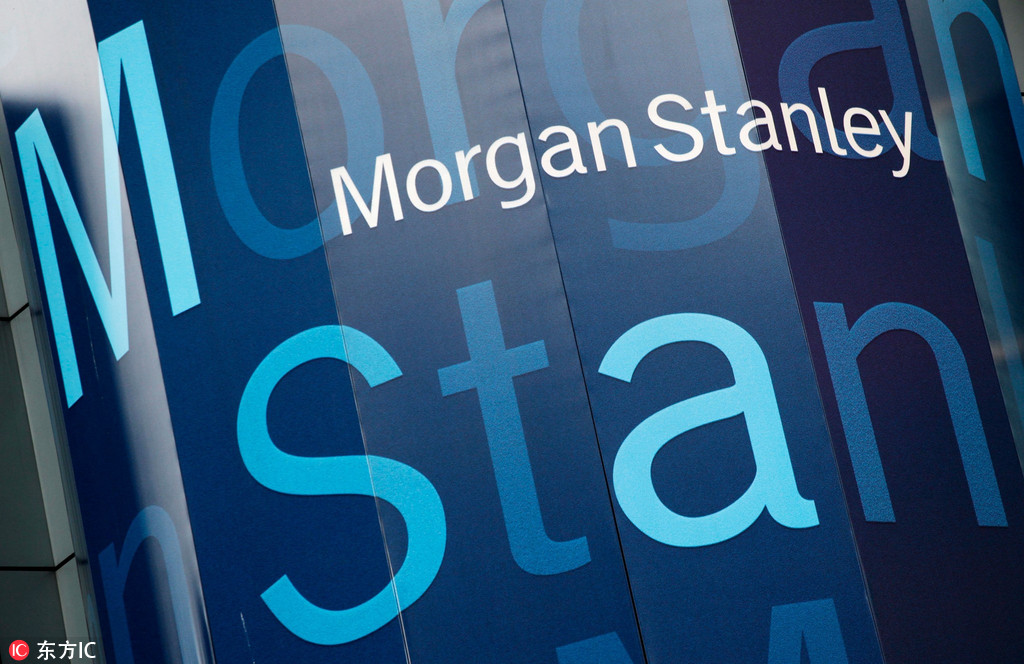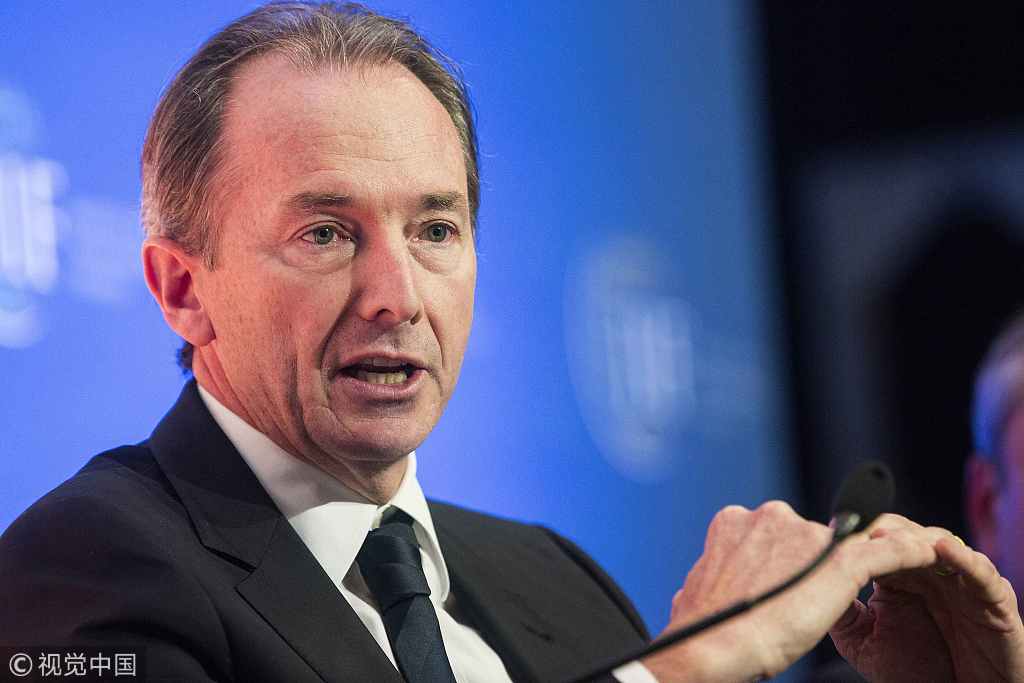Morgan Stanley upbeat on firm's China prospects


Morgan Stanley is aiming to gain full control of its securities joint venture in China over time to tap into the opportunities from the continuous growth and maturing of the Chinese financial market, the bank's Chairman and Chief Executive James Gorman said on Thursday.
The US firm will increase its stake in its Chinese JV, Morgan Stanley Huaxin Securities Co Ltd, to 51 percent and ultimately to 100 percent, Gorman said, as Chinese regulators have given foreign firms the green light to own majority stakes.
Morgan Stanley has joined other global financial institutions to take advantage of the latest round of liberalization of the Chinese financial market with plans to increase investment in China.
Gorman said that being a majority stakeholder will give the bank the ability to determine the pace of its business growth, the amount of resources and capital it can deploy, and the size of the talent base it intends to build in the country.
"You can't control the strategy of the business unless you own it. So it is very different from being a passive minority shareholder," he said on the sidelines of Morgan Stanley's annual China Summit in Beijing.
The Wall Street banking chief was upbeat about the business outlook in China, citing factors including the strength of the Chinese economy, the stability of the political leadership, the desire of the government to open up the markets to foreign institutions and the A-share inclusion in the MSCI index as positive indications of the continuous growth and maturation of the Chinese financial market.

The bank will focus on three major business areas in China: helping emerging Chinese technology companies to raise capital, serving big State-owned enterprises in the transition toward becoming market-based companies, and helping Chinese companies carry out mergers and acquisitions in overseas markets, according to Gorman.
Morgan Stanley will also boost its presence in the wealth management business in the country as there is a growing financial need among Chinese citizens for quality financial products, services and research, he added.
The banking chief said he sees no asset-bubble risks in the global financial markets as corporations are performing well, banks' balance sheets are strong and inflation is subdued.
However, he warned about geopolitical tensions such as tariff disputes between the US and China, and political turmoil in Italy, which could pose potential threat to global growth.
"The biggest thing I worry about is the political uncertainty around the world," he said. "The risks to the global economy are less economic but more political."




































